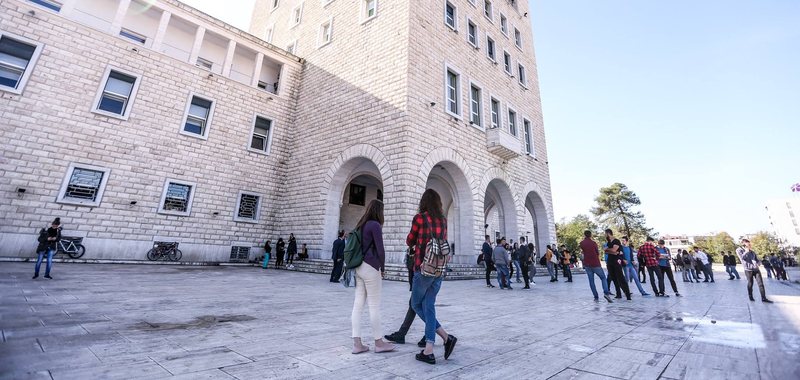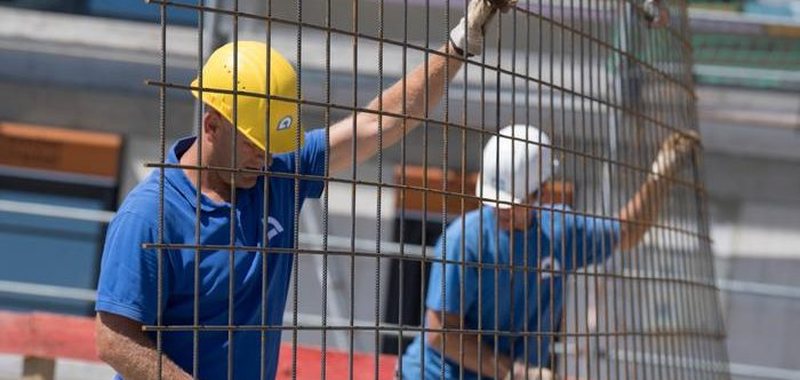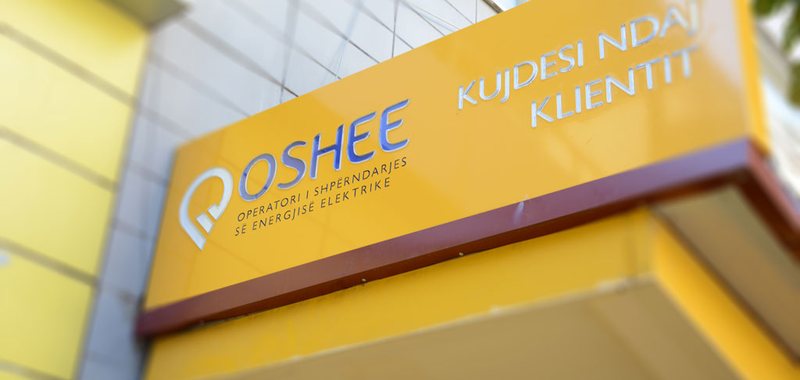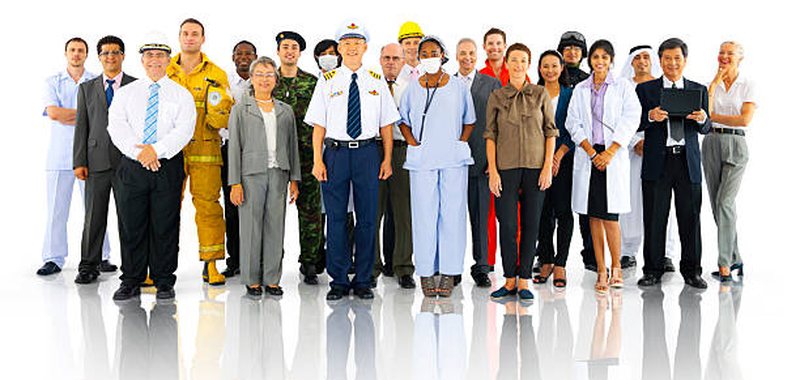EU airports seek easing of controls - Call for lifting of "100 ml" restriction on liquids

EU airports are pushing the European Commission to follow the UK's lead and lift rules that restrict European airline passengers from carrying bottles larger than 100 milliliters through security checkpoints.
The European Airports Council sent a letter to the Transport Commissioner, requesting a redefinition of the bloc's restrictive approach.
"This is affecting passengers in relation to the transport of liquids and slowing down operational processes, increasing waiting times and requiring additional security staff. These will lead to disruptions and delays during the summer months, if the restrictions are not lifted by the end of the month," the letter said.
The liquids limit has fundamentally changed the policies, the costs of which are borne by airports. The screening technology, also known as C3 scanners, allows passengers to bypass the infamous 100ml limit, imposed in 2006 due to terrorist threats, and keep their liquids in their bags at security checkpoints.
Scanners have been installed in major hubs such as Munich, Rome, Frankfurt and Milan, as well as in smaller airports such as Palma de Mallorca and Vilnius.
But the Commission banned the practice in September as a “precautionary measure, not in response to any new threat, but to address a temporary technical problem.” This removed the main incentive for airports to invest in C3 scanners, which are “on average eight times more expensive than conventional X-ray screening machines, while operational maintenance costs are four times higher,” the Council said.
Similar restrictions were introduced in the UK, but the country withdrew from the measure in April, allowing larger containers for liquids again. This has prompted the industry to call on the EU to follow suit. The bloc’s airports believe they “continue to be stuck with a slow, opaque and bureaucratic process that is no longer suited to addressing security requirements in a geopolitically unstable world. This places them at a significant disadvantage in terms of innovation, costs, operational efficiency and their competitive position,” the letter says.
The European Airports Council wants the Commission to allow C3 scanners to be “EU-certified as soon as possible, and in any case before 1 July 2025”.

Access to higher education is facilitated - Agreement for studies in the Western Balkans enters into force
The agreement on access to higher education and admission to study in the Western Balkans, signed in Berlin, has been published in the Official......

Are businesses abusing foreign workers? - Qosja: The Labor Inspectorate has found violations in entities
Due to the emigration of Albanians, entities are facing difficulties in finding employees. The solution is foreign employees. According to inspections by......

Is the value of diplomas fading? - Vjerdha: More than half of jobs are offered without qualifications
The number of higher education graduates is decreasing in Albania, while the value that these documents offer in the country's labor market is also......

Albania, the new destination for solo travelers - The number of "solo tourists" is increasing, what are the places to visit?
In the squares of Tirana, but also of other tourist cities in Albania, we often see groups of tourists accompanied by guides, but also privately organized......

Debts for OSHEE bills slightly reduced - Stock of arrears reaches 79.33 billion lek
The total debt that customers have towards the Electricity Distribution Operator decreased very slightly during the first 4 months of 2025, compared to......

Llogara Tunnel, traffic measures - Deputy Prime Minister Balluku inspects the Monitoring Center: Follow the rules!
All drivers of vehicles passing through the Llogara tunnel must respect road traffic rules, otherwise they will be penalized. Deputy Prime Minister,......

Which profession has the highest salary in Europe?
Salaries vary widely across sectors and occupations in Europe. While a number of jobs are disappearing, new ones are also emerging. Some roles, such as those......

Greek economy grew by 2.2% in January-March - But falling investment risks achieving annual target
The Greek economy grew by 2.2% in the first quarter, preliminary data from the Hellenic Statistical Authority (ELSTAT) showed. At the same time, investment......


















